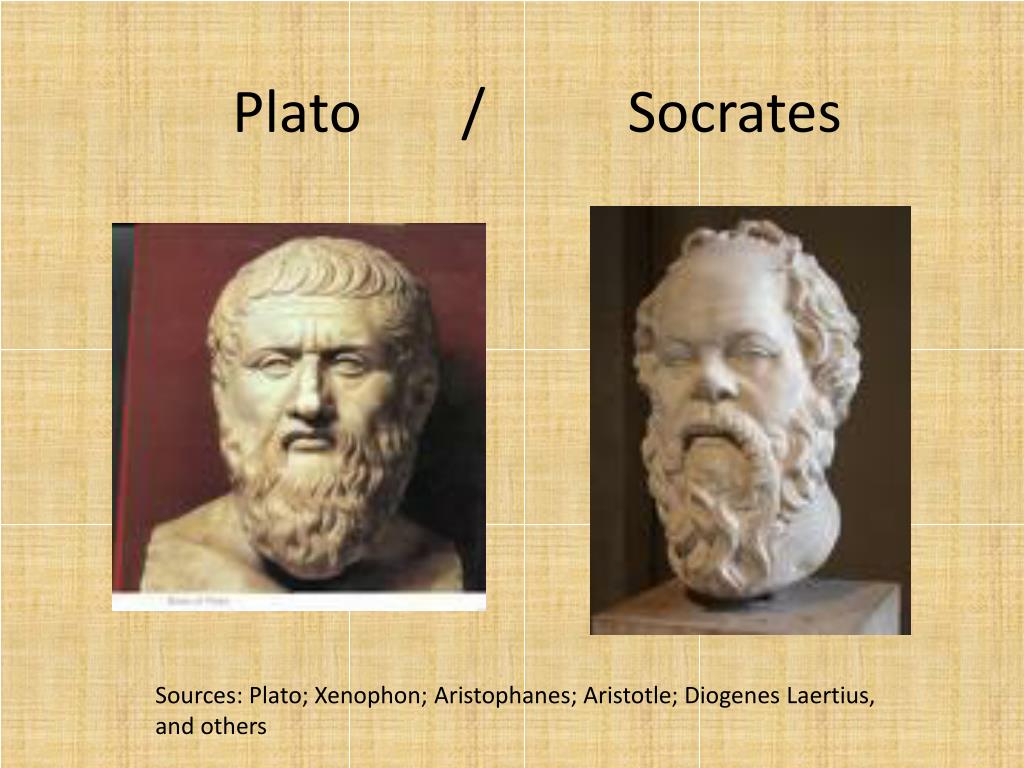Aristophanes’ The Frogs was first produced in 405 B.C., the twenty-sixth year of the Second Peloponnesian War, shortly before the surrender of Athens to Sparta. Euripides had died in 406, and in The Frogs Aristophanes has Dionysus, the god of theater, go to Hades to bring Euripides back to Athens. The search for Euripides is comic and bawdy, and it features a contest between Euripides and Aeschylus, which the latter wins, so that he returns to Dionysus, since he is judged to be more able to remind Athenians of the principles by which they might yet achieve victory. The humor turns serious, and Aristophanes puts into the mouth of Aeschylus these words about the “worthy themes” of poetry.
___________________________________________________
These are the only themes worthy of poetry, these high themes. Think: from the first it has been the poets who have served men best.
Orpheus: he taught us to understand the Mysteries and to hate murder; Musaios: the arts of healing and divination; Hesiod: sowing and reaping;
and godlike Homer in his deathless chant:
did he not teach us the glory of bearing arms, the black joy of battle?
the poet’s duty is to conceal the filth,
not drag it onto the stage. We have schoolmasters
for little boys; we have poets for grown men. Let our concern be only with what’s good. . .
High thoughts must have high language. As the dress of our actor demigods is nobler than our own,
so must their speech be nobler.

